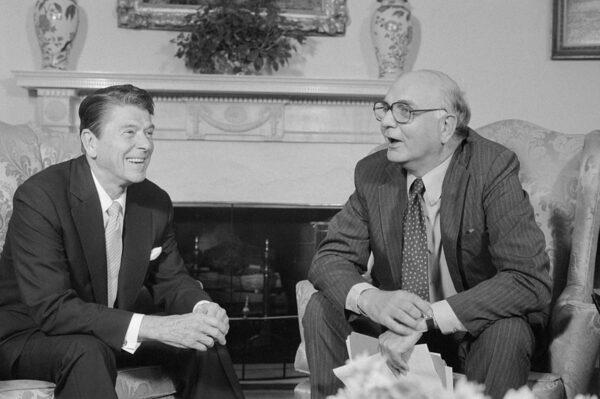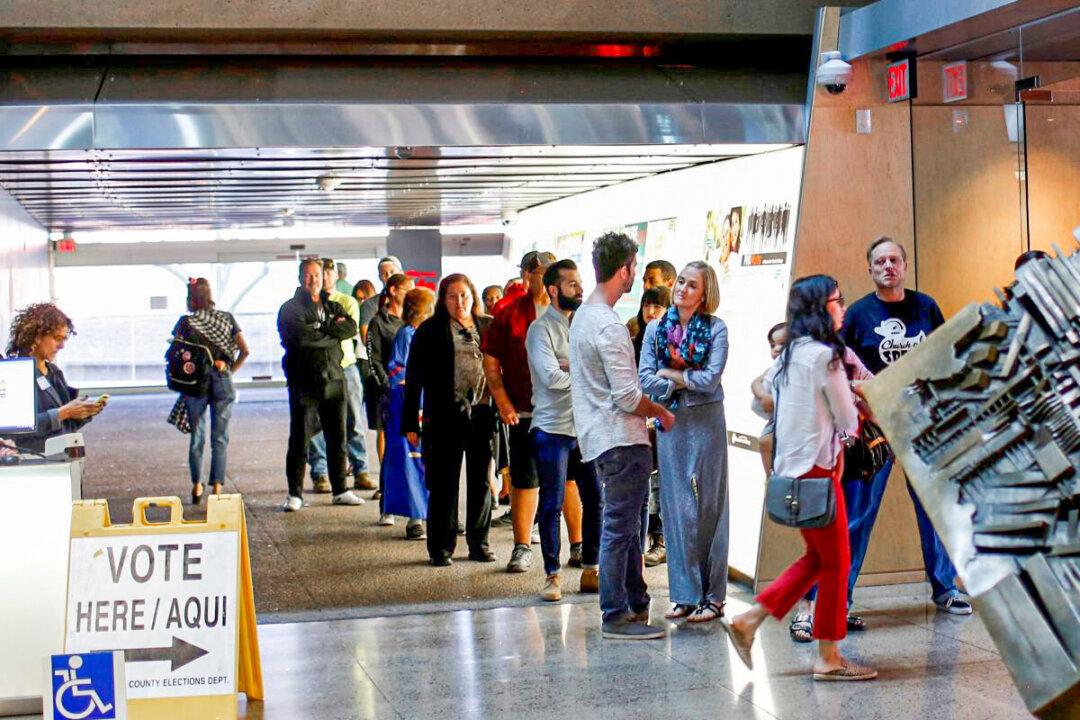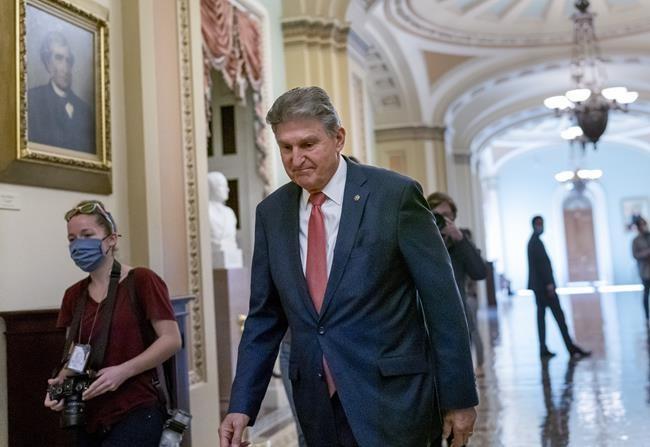Commentary
The Federal Reserve has finally awakened to the inflation crisis. Reported inflation is nearly as high now as it was when President Ronald Reagan took office—actual inflation may well be higher. Unlike today, the 1980s Federal Reserve Chairman Paul Volcker was determined to break the back of inflation—and one of the main reasons he succeeded was President Ronald Reagan.





